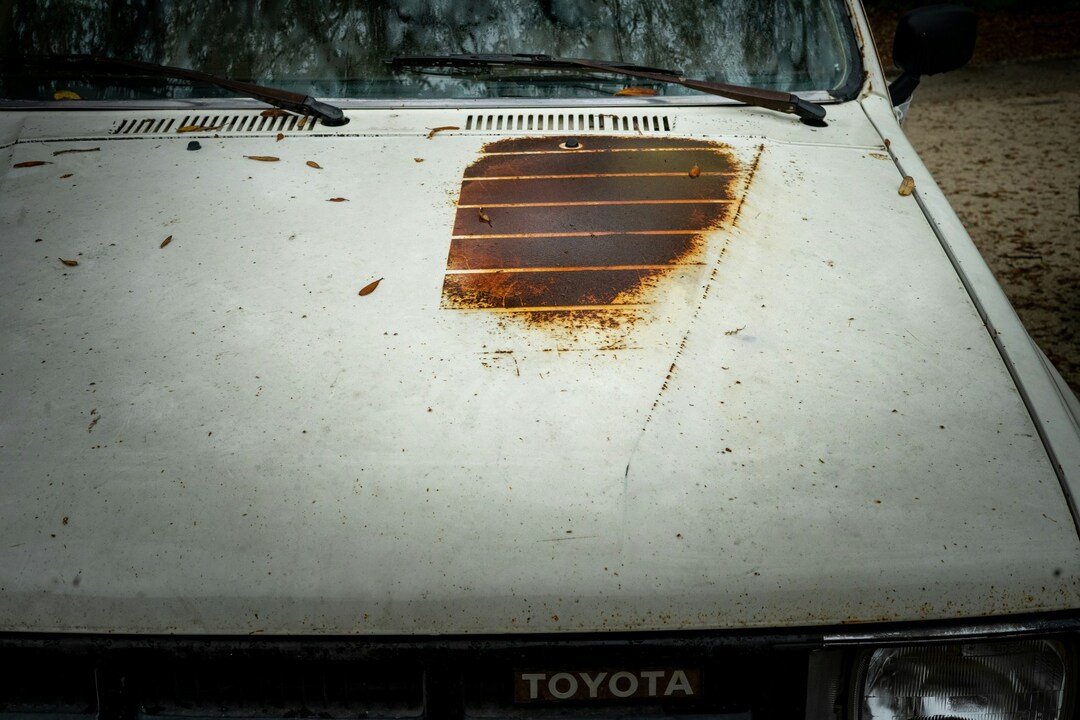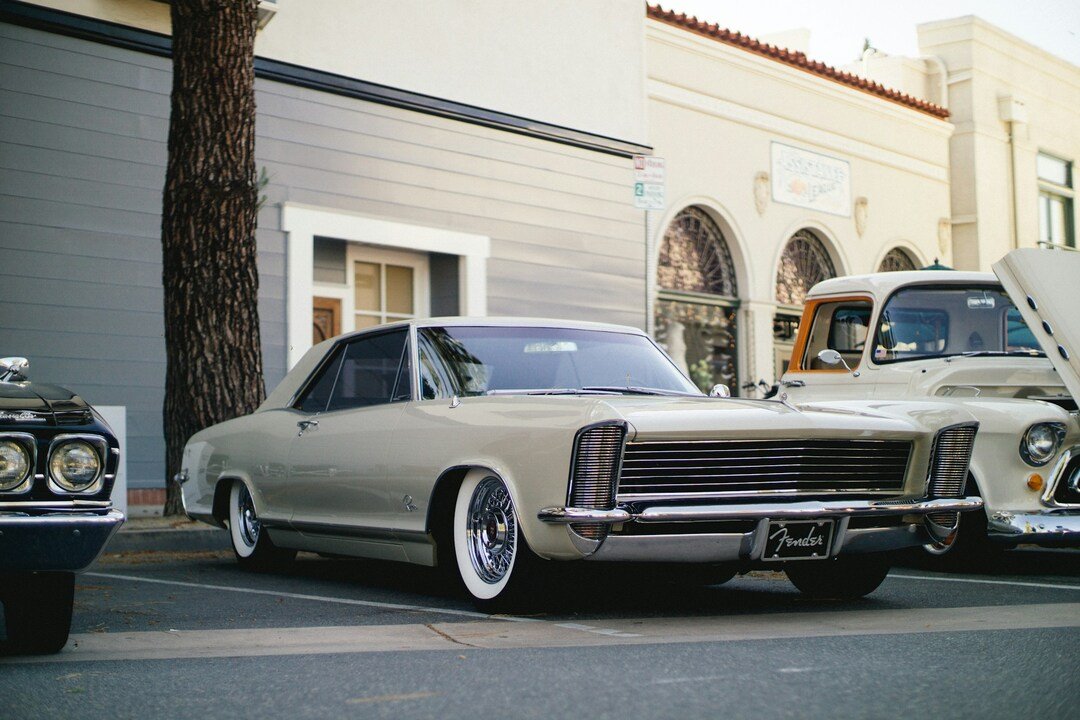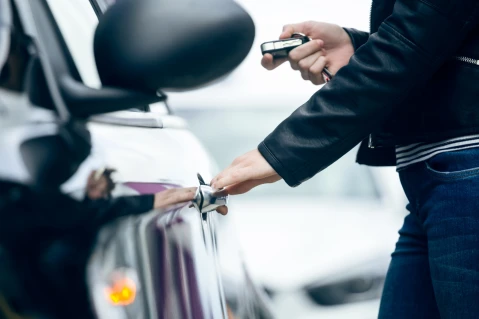What is title washing? This is one of those things you always hear about in the auto industry. But before this gets too deep, let me tell you why this matters to car buyers. It can have an impact on the history of a vehicle and, therefore, it can affect value and safety. Many, unwittingly, buy vehicles that have undergone such dishonest processes. That’s why a free vin check can be a useful first step in spotting red flags and understanding a car’s background before committing to a purchase. Understanding the basics of title washing helps you stay out of potential pitfalls. Getting informed can help you make better purchase decisions and protect the investment. This article will explore the topic, providing crucial insights into its impact and how to spot warning signs.
Title Washing Definition
Title washing meaning refers to the illegal practice of altering a car's title status. This is done to remove any negative records, such as salvage or flood damage. Vehicle owners may use this to increase the car's resale value or hide its past issues. The process often involves registering the car in different states to change the title. For consumers, understanding title washing is crucial to avoid purchasing vehicles with hidden defects. To learn more about the different types of car titles, visit our detailed guide. Knowing these distinctions is essential for identifying cars that may have been fraudulently cleaned.
How Does Title Washing Work?
Title washing involves various methods to alter a vehicle's history deceptively. One common technique is vin swapping cars, where the VIN number is replaced with another, unblemished number. This tactic can remove evidence of damage or prior issues, misleading potential buyers. Another method includes registering the car in different states to manipulate the title status, thus committing car title fraud. These practices can hide critical information about the vehicle's past, making it appear more valuable and safer than it is. Awareness of these practices allows the buyer to avoid such mistakes in buying a car that may have hidden defects. Sellers, by hiding the facts about the vehicle, may unduly escalate the car's market value.

Common Techniques Used in Title Washing
Title washing involves several deceitful strategies to obscure a vehicle's history, making it appear more desirable to buyers. Here are some common techniques used in title washing that you should be aware of:
| Technique | Description |
| Document Forgery | Falsifying paperwork to present a vehicle as having a clean history. |
| Title Brushing | Minor alterations to a title to obscure previous damage without complete concealment. |
| Mislabeling Vehicle Purpose | Changing the designation of a vehicle (e.g., from commercial to personal) to hide its usage. |
| Export and Reimport | Exporting a vehicle to another country and then reimporting it with a new, clean title. |
| Repair and Rebranding | Superficial repairs followed by rebranding the vehicle as undamaged or refurbished. |
Is Title Washing Illegal?

Visible Signs of Title Washing
Identifying signs of title washing can save buyers from purchasing a problematic vehicle. One red flag is inconsistencies in the vehicle’s paperwork, which may indicate tampering. Another sign is a surprisingly low price for a car that seems too good to be true, often hinting at hidden issues like severe damage. Vehicles with minimal maintenance records or multiple recent title transfers may also be suspect. Such cars could potentially be lemon cars, disguised to appear as a good deal. Being vigilant about these signs can help prevent costly mistakes and ensure a safe purchase. Other signs include:
- Inconsistent Vehicle Descriptions: Differences between the car's physical appearance and the description on the title.
- Signs of Repainting: Mismatched paint or signs of repainting can indicate an attempt to cover up damage.
- Missing or Misaligned VIN Plates: VIN plates that are missing, misaligned, or appear tampered with can be a red flag.
- Unusual Wear and Tear: Excessive wear and tear that doesn't match the vehicle's reported mileage or age.
Easy Steps to Ensure a Title's Validity
To avoid falling victim to title fraud, it's essential to verify a title's authenticity. First off, request a vehicle history report to review for any issues. If you are not sure how to clean a title legally, remember that any modification in the document is against the law. Cross-check the VIN with an independent source to verify the vehicle history through a good VIN decoder. Contact the previous owner or insurance company to confirm any reported accidents or claims; this can allay your fears and ensure the title is valid, and in turn, safeguard your investment.
How To Avoid Title-Washing Scams
Protecting oneself against title-washing scams takes a bit of a proactive approach and careful attention to detail. This process begins with the inspection of the physical condition of the vehicle for indicators of hidden damage—e.g., uneven paint or mismatched parts. Be wary of sellers who do not provide a complete vehicle history or try to rush you through the sale process. Another important thing to do is ensure that the title status of the car is independently verified by state DMV records to check that the new title is not altered. You may also want to get an inspection from a trusted mechanic to check out any problems that may have not been written up in the paperwork. This thorough approach helps protect against purchasing a vehicle with a washed title and ensures a safe investment.

What to Do If You Bought a Car with a Washed Title
If you discover that you are a victim of title washing, there are several critical steps that you should take right away. First, you should gather all documents related to the purchase — especially your bill of sale and the vehicle history report — then contact your DMV to report the fraud and find out what you should do next. Consider hiring a consumer protection lawyer who may be able to help protect your rights. If the seller was a dealership, report the fraud to the relevant consumer protection agency. Additionally, inform your insurance company to ensure proper coverage, as a washed title can affect the vehicle's insurability and safety. Documenting all communications and actions taken is essential for building a strong case and seeking potential compensation.
Summary
Further reading
Title washing is a fraudulent act that can significantly impact car buyers, often leading to safety and financial concerns. It involves manipulating a vehicle's title to conceal its true history, making the car appear more valuable and problem-free. Buyers need to be vigilant and thoroughly check vehicle histories and title documents. Recognizing the warning signs of title washing can prevent costly mistakes and potential legal issues. If you find yourself a victim of this scam, taking immediate legal and administrative actions is crucial. Overall, understanding and detecting title washing is essential for a secure and informed vehicle purchase.
Frequently Asked Questions
No state officially allows title washing, as it is illegal across the United States. However, some states, such as Mississippi, Alabama, and New Jersey, have less stringent regulations and oversight, making it easier for fraudulent sellers to alter titles.
Clean title status means that a car has no serious issues, such as major damage, salvaged title, or involvement in significant accidents. People look for clean titles to ensure that the car is safe, reliable, and resellable. A clean title also means that the vehicle is free from all sorts of negative history; a transparent history with no hidden problems might be a more reliable purchase.
You actually can drive an automobile with a washed title legally, but you should think about possible risks. That means the history of the car might be changed and major issues like past accidents and severe damage may not show up. This could affect the safety and reliability of the vehicle.







